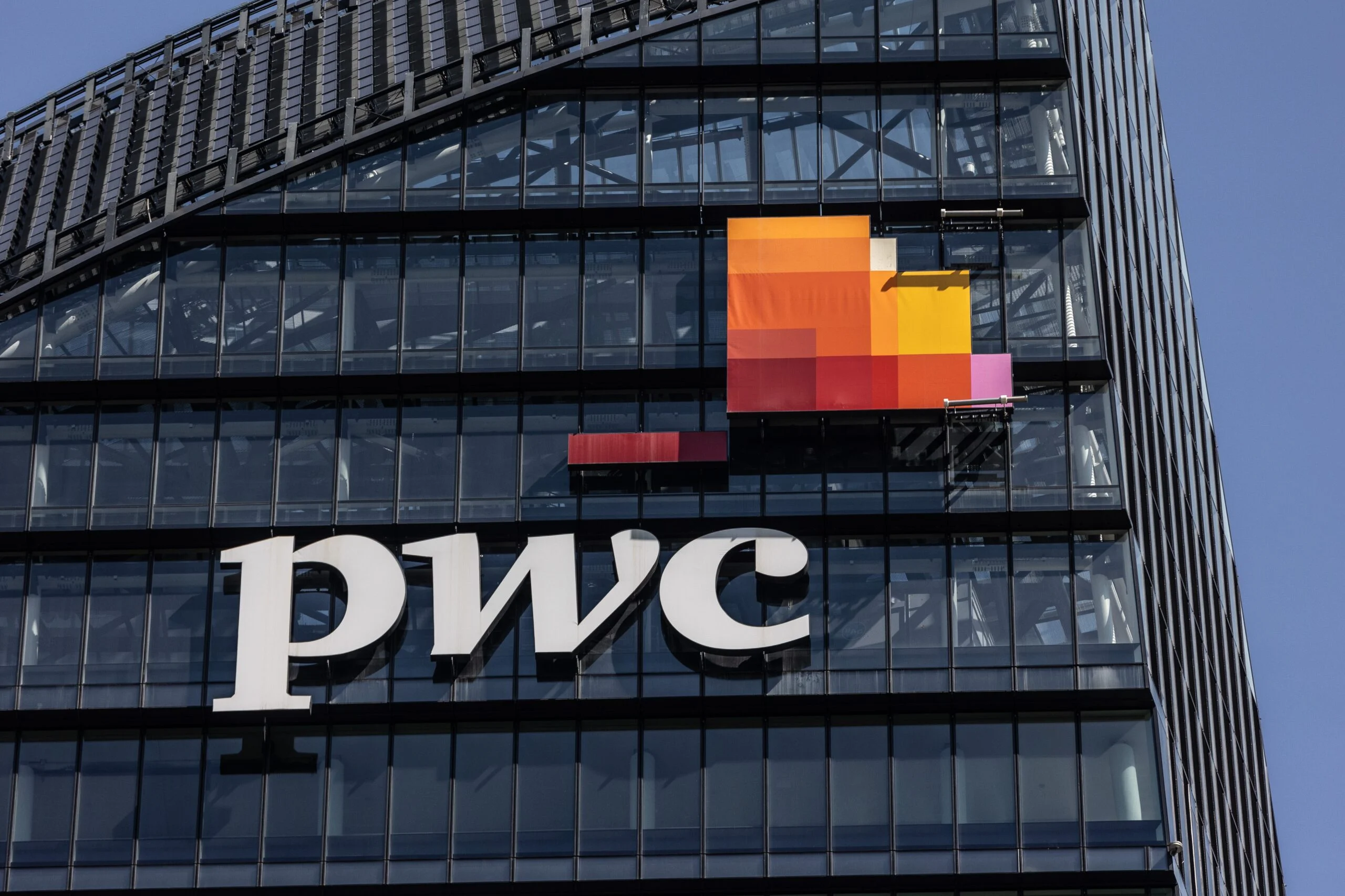Private equity poised for rebound as $1tn in assets awaits deployment, says PwC
Private equity firms are holding an estimated $1tn in unrealised assets amid delayed exits and macroeconomic headwinds, according to PwC’s 2025 midyear deal outlook.
While limited partners are becoming increasingly restless, industry leaders remain cautiously optimistic about a rebound in the months ahead.
The report cites high interest rates, tariff volatility under the current US administration, and broader geopolitical uncertainty as the primary factors stalling exits and compressing valuations. These dynamics have extended holding periods, with 30% of private equity-owned companies now held for more than five years, well beyond traditional fund timelines.
“Patience is wearing a little bit thin” among LPs, noted Kevin Desai, PwC’s US deal platform leader.
Despite entering 2025 with expectations of a dealmaking resurgence, global M&A activity remains flat. By May, 4,535 transactions had been completed, totalling $567bn. Meanwhile, 30% of executives surveyed said they had paused or re-evaluated deals due to tariff concerns.
PwC also reported that private equity firms currently manage around $3tn across 30,000 companies. With capital tied up longer than expected, firms are turning to innovative strategies, such as preferred equity, spin-outs, and targeted asset sales, to generate liquidity and meet return expectations.
Liz Crego, PwC’s industry markets leader, said that “selling a small portion of a business that can be more valuable as a separate entity” is one way firms are adapting.
The IPO market has shown tentative signs of recovery, led by notable listings such as fintech firm Chime. Special purpose acquisition companies (SPACs) are also staging a modest return.
While cross-border dealmaking has fallen to 16.9% of activity – down from 18.7% in 2021 – PwC expects momentum to pick up into late 2025 and 2026. “There are reasons to be optimistic,” said Josh Smigel, PwC’s US private equity leader.





